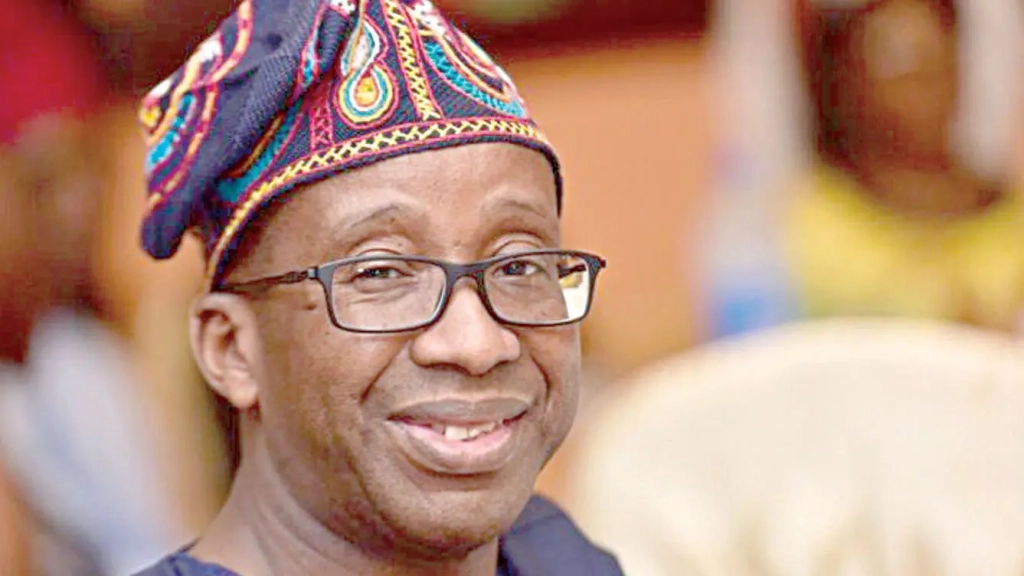A high-profile corruption trial involving a former top aide to ex-Kaduna State Governor Nasir El-Rufai opened in Nigeria’s Federal High Court this week, spotlighting allegations of misuse of public funds tied to overseas training programs. Olajimi Shakiru Adebisi Lawal and three co-defendants face charges of fraudulent estacode payments—daily allowances for officials on international trips—and abuse of office during their government tenures, according to Nigeria’s Independent Corrupt Practices Commission (ICPC), which brought the case.
Prosecutors called three ex-officials as witnesses on Monday, detailing how state funds were allocated for foreign training initiatives. Aisha Dikko Kalil, Kaduna’s former attorney-general, testified that her participation in programs abroad between 2019 and 2023 saw tuition fees of $9,100 paid directly to institutions by the state government. However, she confirmed receiving over ₦5 million (approximately $3,300) in estacode payments deposited to her personal bank account. Kalil stated the funds did not originate from Lawal, the first defendant, and submitted bank records, training approvals, and completion certificates as evidence.
Bariyatu Yusuf, former head of Kaduna’s civil service, echoed similar processes, disclosing she received nearly ₦15 million (roughly $9,900) in estacodes for trips where the state’s finance ministry covered course fees and flights. While acknowledging professional ties to Lawal, she denied receiving payments from him. Documentation supporting her testimony was also admitted.
A third witness, Samuel Aruwan, ex-commissioner for security, took a different tack: he asserted his overseas trainings were funded by the U.S. government and Nigeria’s Office of the National Security Adviser, absolving Kaduna State of financial involvement. Though acquainted with Lawal, Aruwan denied receiving estacodes from either the defendant or state coffers.
The trial hit a procedural snag when prosecutors attempted to submit Aruwan’s written statement to the ICPC. Defense lawyers contested its admissibility, arguing it was obtained after the trial commenced—a claim disputed by lead prosecutor Dr. Osuobeni Ekoi Akpos. Justice R.M. Aikawa adjourned proceedings until September 24 to rule on the objection and resume hearings.
The case marks another effort by Nigeria’s anti-graft agency to curb financial misconduct in public office, with estacode payments—a frequent target of accountability campaigns—under scrutiny. While the witnesses cited no direct financial links to Lawal, the trial is expected to examine broader accountability mechanisms, including whether approvals for training and allowances followed due process. Defendants’ roles in authorizing or overseeing such expenditures during El-Rufai’s administration remain central to the prosecution’s case.
Transparency advocates have long criticized Nigeria’s opaque systems for managing officials’ foreign travel, citing inflated allowances and questionable training priorities. The Kaduna trial—notable for its focus on mid-level bureaucrats rather than top-tier politicians—could test the ICPC’s capacity to hold mid-ranking officials accountable in a judicial system often criticized for slow-paced corruption cases.
